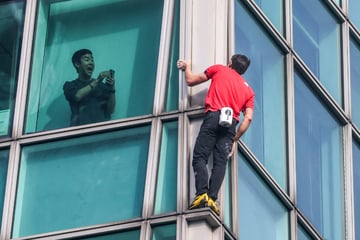Brittney Griner facing "terrible" life at remote penal colony in Russia
Yavas, Russia - The inmates at IK-2 penal colony rise at 6:00 AM each day for a breakfast of milk porridge, bread, and tea. Soon they leave their barracks at this aging facility about 300 miles southeast of Moscow, in the isolated republic of Mordovia.
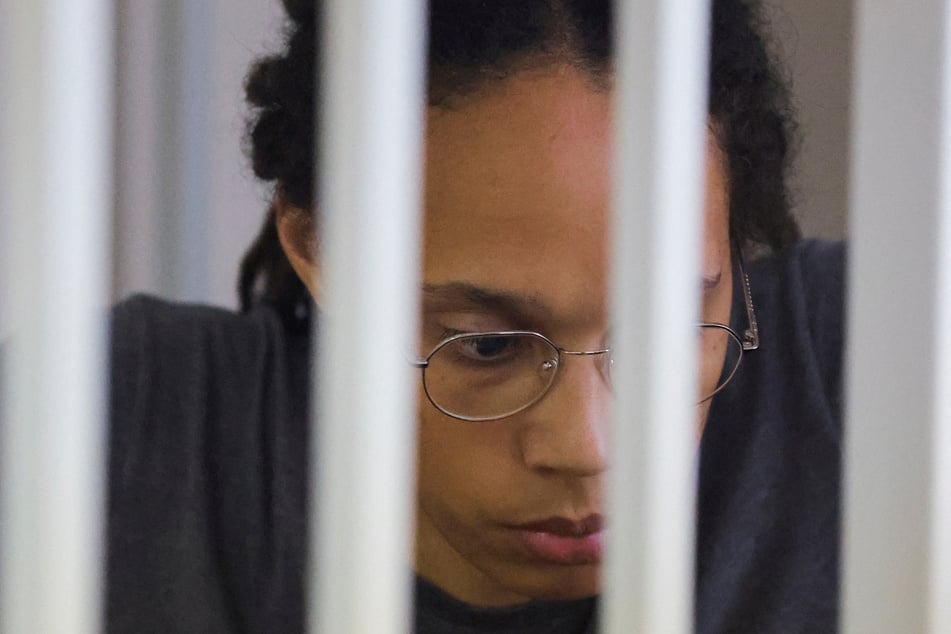
Long days are spent in forced labor, working at sewing machines, with only a short break for lunch. By nightfall, prisoners are fed dinner and allowed an hour or less of free time before going to sleep in dormitories crowded with scores of bunk beds. The routine reportedly can stretch for weeks on end with no days off.
It is unclear if one of the newest arrivals – American basketball star Brittney Griner – will take part in this strict regimen or receive special treatment, but experts familiar with the criminal justice system in Russia paint a worrisome picture.
"Her life will be very difficult," said Marina Alexandrova, a University of Texas associate professor who lectures on the history of Russian prisons. "It will be terrible."
Among Russia's hundreds of prisons, the 21 facilities clustered in Mordovia are especially notorious. Russia Behind Bars, a humanitarian group based in Moscow, alleges that labor conditions at the IK-2 violate national law, medical care is limited, and substandard food provides little sustenance, especially during long, cold winters.
The world got its first look inside such colonies in 2013 when Nadezhda Tolokonnikova, of the punk band Pussy Riot, served time in another part of Mordovia for "hooliganism."
Tolokonnikova went on a hunger strike and wrote an open letter that said sleep-deprived workers, pushed to their limits by unrealistic production quotas, endured intimidation and beatings. Toilets overflowed and inmates were left outside in the cold as punishment.
"As the prisoner saying goes," Tolokonnikova stated, "'Those who never did time in Mordovia never did time at all.'"
Griner seen as political pawn amid war in Ukraine

The events that led Griner there began in mid-February when the 32-year-old Phoenix Mercury center arrived in Moscow to join UMMC Ekaterinburg, a club team that pays her a reported $1 million-plus to play during the WNBA offseason. Airport authorities searched her luggage and found two vaping cartridges with traces of cannabis oil.
Drug smuggling charges were soon overshadowed by world events as Russia invaded Ukraine, with Griner viewed as a political pawn. The US State Department deemed her to be "wrongfully detained," opening the way for the Biden administration to pursue a prisoner exchange.
She was convicted in August, sentenced to nine years, and eventually transported to IK-2, where her legal team recently visited.
"Brittney is doing as well as could be expected and trying to stay strong as she adapts to a new environment," her lawyers said in a statement.
"Considering that this is a very challenging period for her, there will be no further comments from us."
Russian penal colonies notorious for abusive conditions
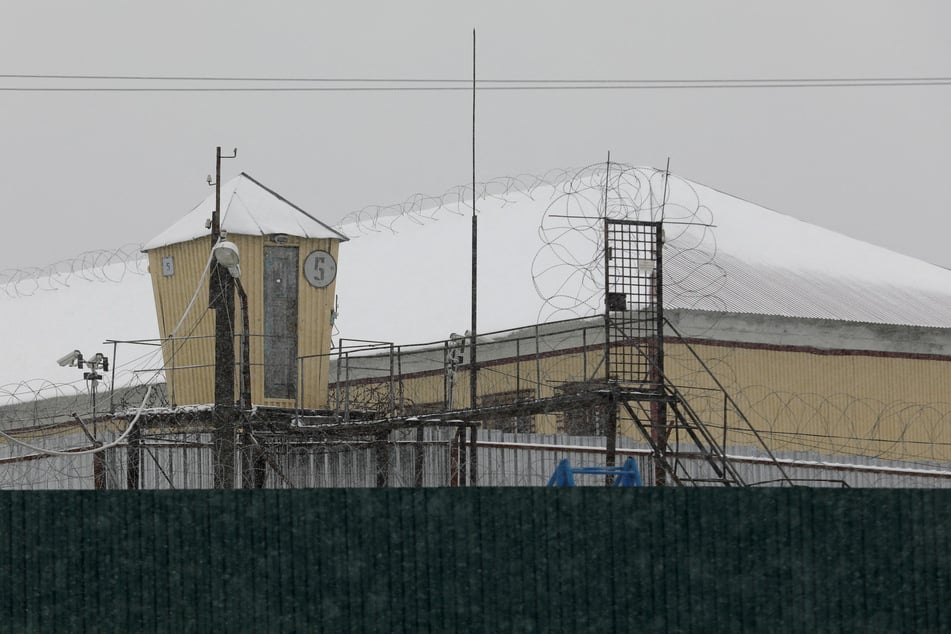
Russian penal colonies are divided into four categories, ranging from lenient to strict. A 2017 Amnesty International report characterized most of these prisons as "among the worst in Europe."
Griner is incarcerated at one of 35 mid-level or "general regime" facilities devoted to female inmates. IK-2 has a dozen or so nondescript structures, built long and narrow, surrounded by walls and barbed wire.
Like other colonies, IK-2 requires its population to dress in uniform. But unlike institutions for men, where inmate groups informally govern themselves, the women's facility is run by administrators who can be brutally strict. Alexandrova said inmates "can be punished if their uniform is not buttoned down correctly."
This system has led to cases of torture, according to a 2019 report from the Centre for Eastern Studies in Warsaw. With prison cells reserved for the most-violent criminals, everyone else stays in dormitories where, critics say, overpopulation violates the Russian standard of 21 square feet of space per person.
"In most prisons, the state of repair and the overcrowding make it difficult to maintain basic hygiene," the Warsaw report stated. "This leads to regular outbreaks of epidemics."
IK-2 known for its "slave labor conditions"
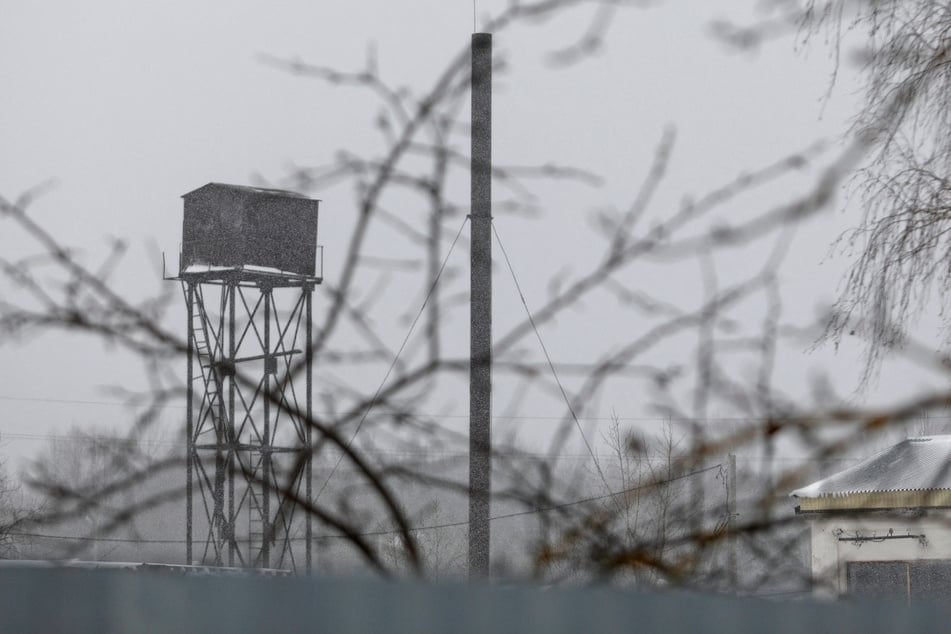
Russia's prison conditions can be traced to the early 18th century, when Peter the Great saw value in forced-labor camps, Alexandrova said. During the Soviet era, brutal gulags continued to feed the national economy, with colonies devoted to forestry and textile production, often in remote parts of the country.
According to the website for Russia's federal penitentiary service (FSIN), standard workdays last 12 hours. Tolokonnikova wrote that inmates at her facility were kept at sewing machines for much longer, making police uniforms, and went a month or more with no days off.
Though FSIN states that labor conditions are determined by the federal labor and criminal executive codes, Russia Behind Bars has claimed mistreatment of workers, especially at IK-2.
"Our foundation has led a case on slave labor conditions in this colony," Olga Podoplelova, head of litigation for the organization, said by email. "Women were forced to work double shifts (12-16 hours) without days off, no possibility to use restrooms."
Under these demanding circumstances, inmate nutrition guidelines call for three meals a day with required amounts of meat, fish, potatoes, and vegetables, FSIN states. Again, critics say standards often go unmet.
Pussy Riot released a song, Like a Red Prison, that includes the line "Balanda! Propaganda!" in reference to a gruel that has been fed to prisoners since the era of the gulags. Alexandrova describes balanda as potatoes and cabbage with some flour to thicken the watery broth.
"Kind of a slop," the associate professor said. "Low in quality and terrible taste."
Griner's treatment could vary based on several conditions
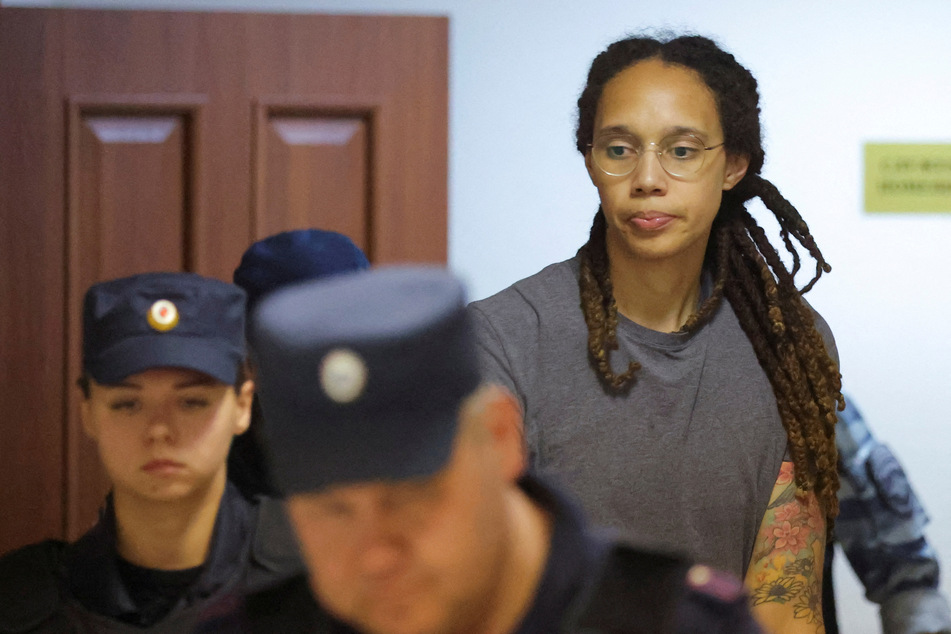
With colonies located far from metropolitan centers, inmates rely on friends or relatives willing to make the long trip with care packages of food and clothing. Information posted on the FSIN website notes that "those who do not receive support from home are forced to barter for what they need from their cellmates."
"It's already a terrible place for a Russian," Alexandrova said. "For someone without connections, it's worse."
As an American, Griner faces additional hardships. Given her notoriety – and physical stature – she will stand out among the inmate population, which could make her more vulnerable to abuse, experts said. She is also an openly gay woman in a country where the LGBTQ+ population is persecuted.
The language barrier could be another challenge.
"People in prison learn basic Russian quite easily," Podoplelova said. "A lot depends on the attitudes of the administration and other inmates – if they are willing to assist her with learning and communication."
There is a chance Griner will receive preferential treatment given the possibility of a prisoner swap, experts say. The US has reportedly offered to exchange convicted arms dealer Viktor Bout for Griner and Paul Whelan, a former US Marine imprisoned since 2018 on questionable espionage charges. Officials might not want Griner returning home with tales of mistreatment.
Podoplelova suspects that Griner's fate depends "on the (prison) administration and instructions given to them from the presidential administration."
Regardless, the colony's remote location on the East European Plain, where prisoners are kept largely sequestered from the outside world, has experts concerned about Griner's mental and physical well-being over the coming months, if not years.
"It is a system built on fear, coercion, bribes," Alexandrova said. "My heart goes out to her."
Cover photo: Collage: REUTERS

